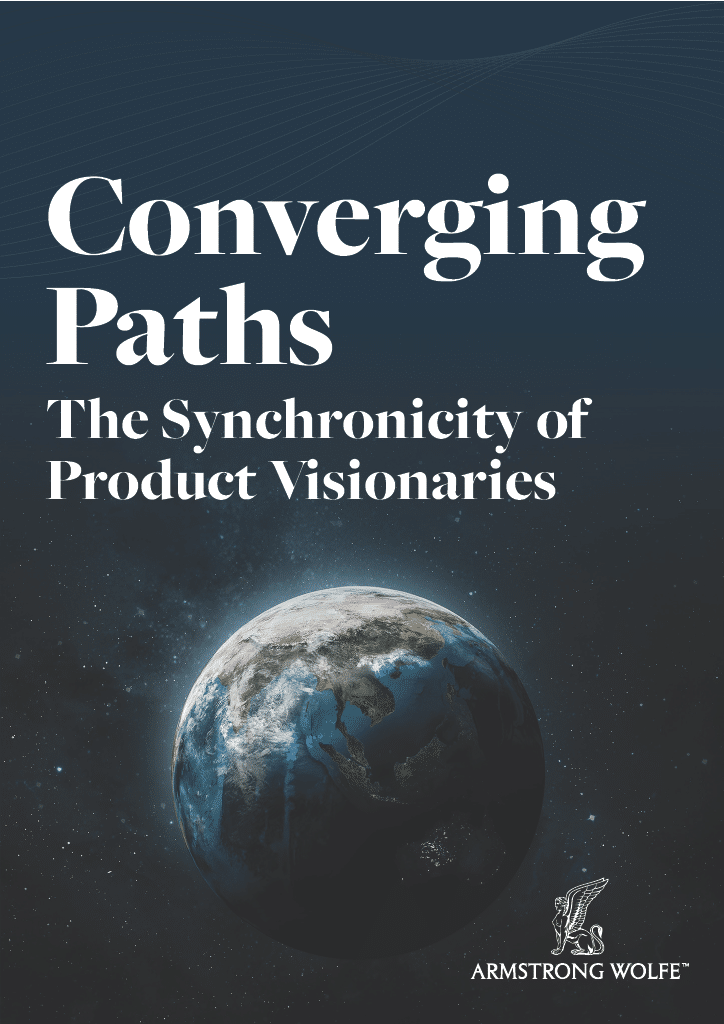Not a science, but a refocus on leadership and management in enhancing staff morale
by Maurice Evlyn-Bufton, CEO of Armstrong Wolfe
Since March 2021 productivity has been mostly assessed on a subjective and judgmental basis, sentiment and empathy playing a role due to the unique situation we find ourselves. ‘Productivity is mostly up’ is a common refrain, just as (fixed income first, equities later) ‘revenues are up’, as is the volume of work needed to support this activity.
This assessment is not easy to justify, as stay-at-home orders have liberated time previously spent commuting and created flexibility in work schedules, enabling many employees to devote additional time to their jobs. Employees, however, have found they work longer hours and harder to meet their same productivity levels. This leads to a possible misinterpretation of productivity.
A Harvard study of over three million work-from-home employees in December 2020 in 16 cities across the globe found that the average work day increased by 8.2 percent, or 48.5 minutes, during the pandemic’s early weeks. Many in financial services feel this increase is more likely to be 10% – 15%, lengthening the day by as much as 90 minutes. Pre-pandemic productivity appeared determined to make itself an emerging science, tied to evolving technologies and academic innovation within behavioural assessments.
Common areas of focus for productivity and efficiencies were:
• Streamline Workflows
• Improve Technology Integration
• Contain Compliance Costs
• Improve Data Capture and Reporting
“The use of technologies such as digitization and automation appear to have accelerated in some companies during the pandemic,” McKinsey writes. “With the right conditions in place, this has the potential to raise productivity by substituting employees or contribute to raising output per worker.”
All are relevant, and of course technologies will continue to play a key role in driving productivity, but ongoing discussions amidst the COO community seem to suggest the pandemic and WFH has shifted focus to simpler and established practices. These practices have been used time immemorial, and while possibly underrated and underinvested, centre on leadership, management, and defining and imbuing purpose.
Recent iCOOC* forums support this summary, and at a recent deep-dive COO Cluster Call discussing productivity its conclusions remained consistent:
1. Business productivity is assessed (invariably) by revenues
2. Productivity in non-revenue roles and departments are assessed by output (or meeting the demands of the business and maximising their capacity for this work in doing so).
Our assessment is drawn from listening to the COOs deliberate on how best to meet this challenge throughout 2021. A balanced and flexible approach is required as companies seek to find a path to a settled destination. One which meets the reasonable expectations of the workforce amidst what is arguably the most widespread experiment on the global human community.
As we move to a wholesale return to the office, a sentiment is emerging where anything more than two days a week WFH will manifest itself in reduced productivity and equally importantly, cultural erosion. Conversely, it is also believed by many that enforcing five days a week with no operationality will impact culture differently but also detrimentally. This juxtaposition suggests the legacy of the pandemic will be changes in employee working practices, but they are unlikely to be categorised until the latter part of 2022 and beyond.
It does appear that the importance of capable managers and leaders has been reinforced, and therefore investment in leadership training is needed. This will require a mindset and cultural shift for many within the industry, where the rise to a senior position is not a simple by-product of the passage of time, the building experience, or the consistent delivery of above expectations in revenues. More than ever, it will require deep rooted leadership capabilities, fit for modern society and commerce, and not anchored to the past. This reinforces the work the Armstrong Wolfe Institute has been doing in partnership with some members of iCOOC in developing targeted leadership training and coaching, fine-tuned to the hybrid model and the needs of staff today.
A COO noted, demonstrating that that we are still at sea and looking for the (workplace) destination: “A very interesting conversation yesterday. I agree there will be a balance of office/home going forward. I’m not sure I’m in the same camp that it is a minimum of three days in and two days out. However, as you call out, this is an experimental time and leadership (empathy) will be key to determining the new rhythm of work.”
‘Fear of Missing Out’ was sighted in the discussion as a hook to colleagues coming back in, which was an interesting view. Colleagues who I have spoken to are excited about seeing each other, but once that has occurred are less of the FOMO world and more of the work/life balance view. One to keep watching as the world starts to move forward to potentially a new way of working.”
Echoed further by a global Chief Controls Officer:
“Many thanks for an interesting discussion and I agree with your summation. I’m sure the pendulum will keep swinging for a while until it finds its new rest point/ balance. Navigation through this period will come down to good communications and leadership, as always!”
*The International COO Community (see. www.armstrongwolfe.com)
Armstrong Wolfe is a global financial services advisory firm supporting the office of the Chief Operating Officer. The International COO Community (iCOOC) has over 5000 COOs within a managed network and therefore one degree of separation from each other.
We empower this community by providing thought leadership, promoting cross industry dialogue and supporting collaboration, design and execution. We have a unique blend of COO functional expertise which enables us to support iCOOC members through our advisory and project management services. We aid COO career advancement through our business management training institute and support industry wide efforts addressing diversity and inclusion initiatives through our Women in the COO Community and provide career opportunities for all underrepresented groups with the COO Academy.
For more information: www.armstrongwolfe.com











